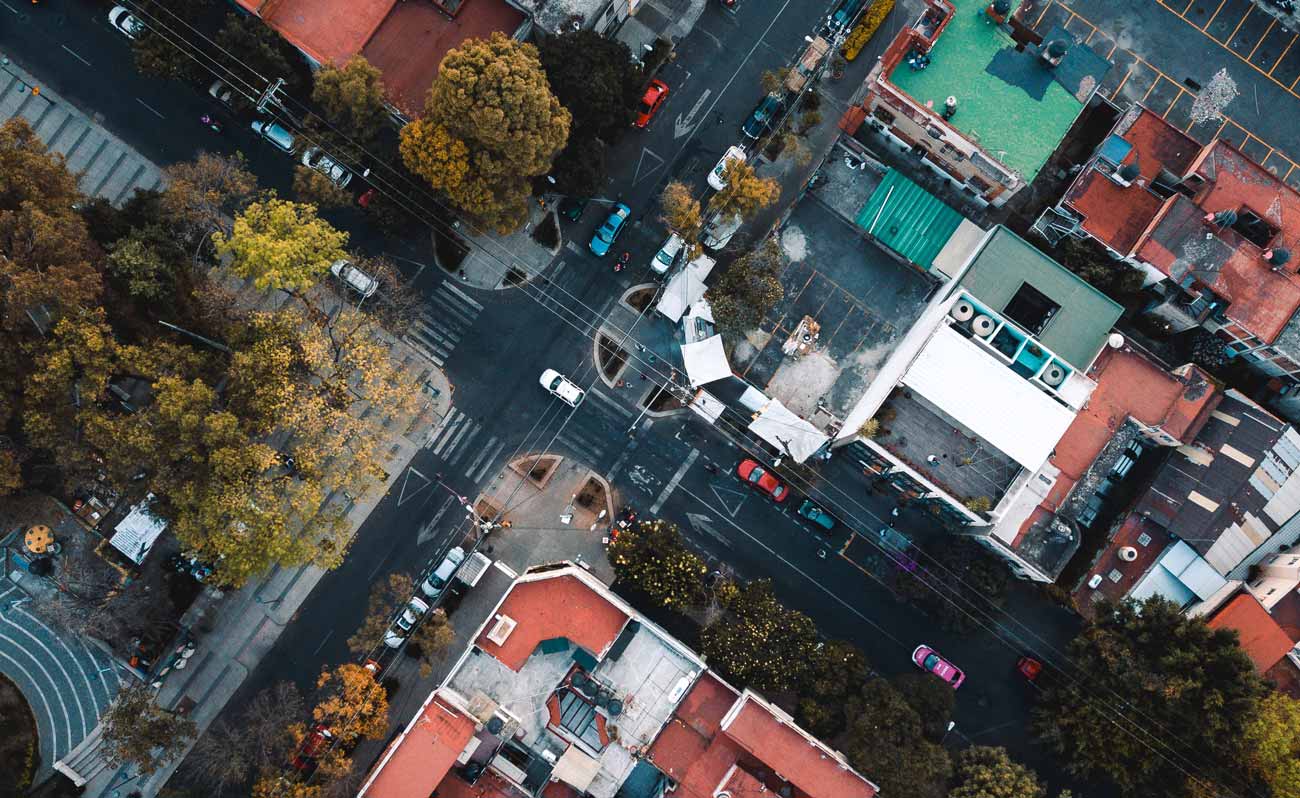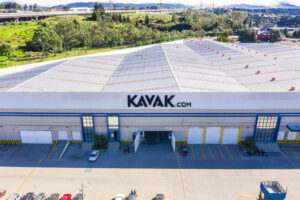
Por Victor Cortés
October 4, 2019
Contxto – I love Mexico as much as I fear earthquakes, which is a lot. This really isn’t comforting since Mexico just so happens to have major seismic activity.
As a result, many technology companies have observed the issue and developed solutions to the problem, such as Grillo and Skyalert. While their technology certainly reduces anxiety about potential natural disasters, both startups are now apparently feuding with the Mexico City government.
According to the Wall Street Journal, the city authorities released an announcement last month only authorizing Cires (Center for Seismic Instrumentation and Registry) to be the sole entity to issue temblor alerts.
Based on the government statement, this is to impede people from losing trust in the government solution.
“If we continue to over-alert people, it will have two effects: we’ll lose people’s trust, and we’ll cause mass panic in places like subway cars or in large office buildings,” said Guillermo Ayala, a Civil Protection official who is responsible for early warnings of natural disasters in Mexico City.
Cires is a 28-year-old system and in fact the world’s oldest warning system for earthquakes. While many consider the organization to be speedy and trustworthy, some may consider these two startups to provide better alternatives.
Through 96 sensors located on Mexico’s Pacific coast, Cires can identify seismic activity and transmit alerts via radio frequencies. Earthquake alerts can even be transmitted via television and alarm sounds from more than 30,000 speakers across the city. That’s for worst-case scenarios.
Grillo and SkyAlert, on the other hand, are digitally native products.
For SkyAlert, the approach to earthquake monitoring is to analyze seismic data via cloud computing. Eventually, it sends alerts and warnings through its mobile app, Twitter to people’s smartphones, as well as in-home alarms. It also currently boasts 1.9 million followers on Twitter.
For the government, though, they consider the startups to be counterproductive. In Mexico City, the government says that offering too many alarms could confuse the population. At the end of the day, the concern is nobody trusting any source for earthquake alerts.
“If we continue to over-alert people, it will have two effects: we’ll lose people’s trust, and we’ll cause mass panic in places like subway cars or in large office buildings,” said Guillermo Ayala, a Civil Protection official who is responsible for natural disaster early warning efforts in Mexico City.
Some could interpret this as a step to ban these systems and nationalize the industry. Others may say that the true reason goes beyond that.
In February and August of this year, SkyAlert sent two alerts that misinterpreted the magnitude of earthquakes. As a result, tens of thousands of offices evacuated their personnel from an inaccurate alarm.
Part of the problem also relates to these startups’ sensor suppliers. Ayala said that certain companies buy these sensors cheaply from Asian countries. In the process, these sensors aren’t even adjusted or tropicalized to Mexico’s conditions.
“The point is not to prohibit the emission of seismic alerts,” said Ayala. “The more support we have, the safer we will be, but only as long as all the alerts comply with the technical regulations.”
Specifically, SkyAlert buys its sensors from Japan and offers an alarm device for large buildings for US$2,000 per year. However, the founder, Alejandro Cantú, believes that no alarm system is perfect.
According to him, the government is actually inhibiting competition. In his opinion, this “sends a terrible message” to people using tech to feel safer. He says that more competitions promote innovation and opportunities to improve stagnant processes.
“If we put in laws that limit innovation, we are doomed to forever have the same system that was installed years ago,” said Cantú, whose company also plans to bring in revenue by selling a premium mobile app.
On the other hand, Grillo has designed and holds a system of 50 Chinese-manufactured sensors. As reported by The Wall Street Journal, the company is willing to fulfill Mexico City’s regulation requirements.
Nonetheless, Andrés Meira believes that the government ambiguously stated the decree. Grillo, will continue with its plan to launch an early-warning device for homeowners and sell them for around US$50.
“The poorest people in Mexico live in the worst-designed houses, so you have to reach those people,” he said. “If you just sell early alert devices to a few large skyscrapers, you’re not going to save many lives.”
-VC

Por Santiago Cardona
March 4, 2026

Por Yanin Alfaro
February 17, 2026

Por Israel Pantaleón
February 17, 2026

Por Stiven Cartagena
February 13, 2026